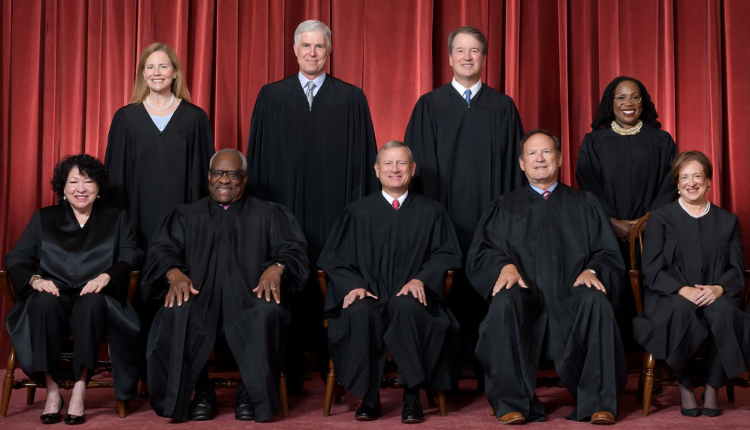We ‘live on a pro se planet;’ 5th Circuit allows parents to sometimes represent children without lawyers
Trials & Litigation
We ‘live on a pro se planet;’ 5th Circuit allows parents to sometimes represent children without lawyers
June 6, 2023, 12:39 pm CDT
A federal appeals court is giving a pro se parent a chance to persuade a federal judge that she may represent her minor children without a lawyer in a federal lawsuit filed against a Texas school district.
The 5th U.S. Circuit Court of Appeals at New Orleans ruled June 2 in a suit brought by Allyson Raskin against the Dallas Independent School District in Texas, Law360 reports.
Raskin had claimed that the school district violated the rights of her children under a federal law protecting genetic information. She was fighting a mask mandate.
The 5th Circuit said its unpublished cases have adopted “an absolute bar” to pro se parent representation, with the exception of Social Security appeals. Other circuits have also adopted an absolute bar, the appeals court said, citing decisions in the 8th Circuit at St. Louis; the 4th Circuit at Richmond, Virginia; the 6th Circuit at Cincinnati; the 7th Circuit at Chicago; the 11th Circuit at Atlanta; the 9th Circuit at San Francisco; the 1st Circuit at Boston; and 10th Circuit at Denver.
But the 5th Circuit said those decisions don’t follow the text of Section 1654 of Title 28 of the U.S. Code, which provides: “In all courts of the United States, the parties may plead and conduct their own cases personally or by counsel.”
The statute allows pro se representation in any case that is a party’s “own,” the appeals court said in an opinion by Judge Stephen A. Higginson. Whether a case is one’s “own” may depend on other federal or state law, the 5th Circuit said. As an example, the appeals court said, a state law giving a parent the right to sue pro se on behalf of the child is a parent’s “own” case within the meaning of Section 1654.
“Congress did not write an absolute bar into Section 1654,” Higginson wrote. “And we already live on a pro se planet. Between 2000 and 2019, 27% of all civil cases had at least one pro se plaintiff or defendant.”
Judge Andrew S. Oldham dissented in part and concurred in the judgment.
“Since the First Judiciary Act in 1789, every person—including a minor—has enjoyed a right to litigate pro se in federal court,” Oldham wrote. “The question presented is whether a parent can vindicate that right for her children, just as she can vindicate her children’s other rights. The district court said no. The majority says maybe. I would say absolutely.”
Oldham described the nonlawyer Raskin as “a passionate and effective advocate” in oral arguments who filed “two excellent briefs in our court.”
Higginson is an appointee of former President Barack Obama, while Oldham is an appointee of former President Donald Trump.






